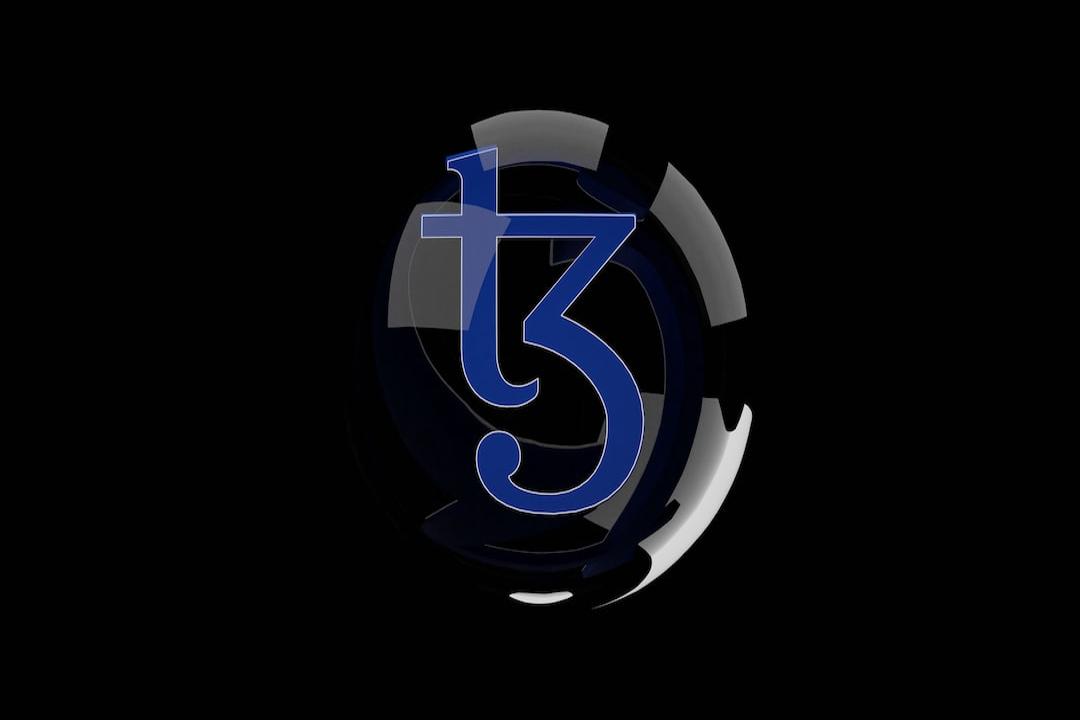Changpeng Zhao, the former CEO of Binance, has been sentenced to four months in prison. Prior to his sentencing on April 30, Zhao made a heartfelt plea for forgiveness and a second chance in a letter submitted to the court on April 24. He expressed deep regret for his actions, acknowledging his poor decisions and taking full responsibility. Zhao recognized that he should have implemented compliance changes at Binance earlier, but emphasized that the exchange eventually introduced strict controls under his leadership.
In his plea, Zhao voluntarily surrendered and took responsibility, hoping to resolve the matter and start anew. He also described his unconventional career path, living a modest life and returning investor money after some of his businesses failed. Zhao claimed that his involvement in crypto was driven by a desire to promote inclusiveness and equal opportunity.
Over 160 loved ones, friends, and colleagues of Zhao wrote letters to the judge overseeing the case, appealing for leniency and providing insights into his personal life. These letters portrayed Zhao as a devoted family man, loyal friend, and humble tech enthusiast who did not succumb to the trappings of wealth despite his financial success.
U.S. prosecutors sought to punish Zhao for his unprecedented crimes. They portrayed him as a brazen lawbreaker who operated without regard for legal and regulatory frameworks. The prosecutors accused Zhao of willfully failing to implement an effective Anti-Money Laundering program, enabling Binance to process illicit transactions tied to activities such as narcotics trafficking, terrorism financing, sanctions evasion, sex crimes, and ransomware attacks. They highlighted Binance’s failure to report over 100,000 suspicious transactions linked to these illicit activities, portraying the exchange as a hub for financial crime on an unprecedented scale. The prosecutors depicted Zhao as a calculating opportunist who prioritized profit over compliance.
Despite the prosecutors’ recommendation of a 36-month prison term, twice the federal maximum, the judge did not share the same view. The judge stated that there was no evidence Zhao had been informed of the illicit activity at the exchange.
Zhao’s case has put the spotlight on the lack of regulatory oversight and compliance in the crypto industry, raising concerns about the integrity of the entire ecosystem. Some market observers believe that this sentencing, although relatively light, could impact compliance efforts in the future for crypto businesses.
While the legal proceedings have cast a cloud over Binance and the crypto bull run, there are those who are eager to move past them and focus on the future. They hope to price in the consequences and continue with the bull run. However, it seems that Zhao’s case may not be the end of high-profile crypto cases in 2024, as early Bitcoin adopter Roger Ver was recently arrested in Spain on charges of mail fraud and tax evasion in the U.S., with plans for extradition back to the United States.

